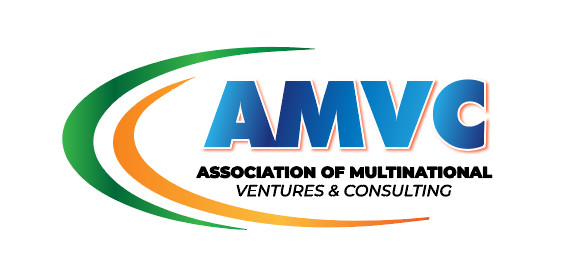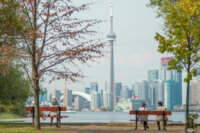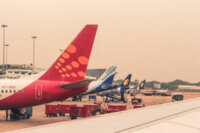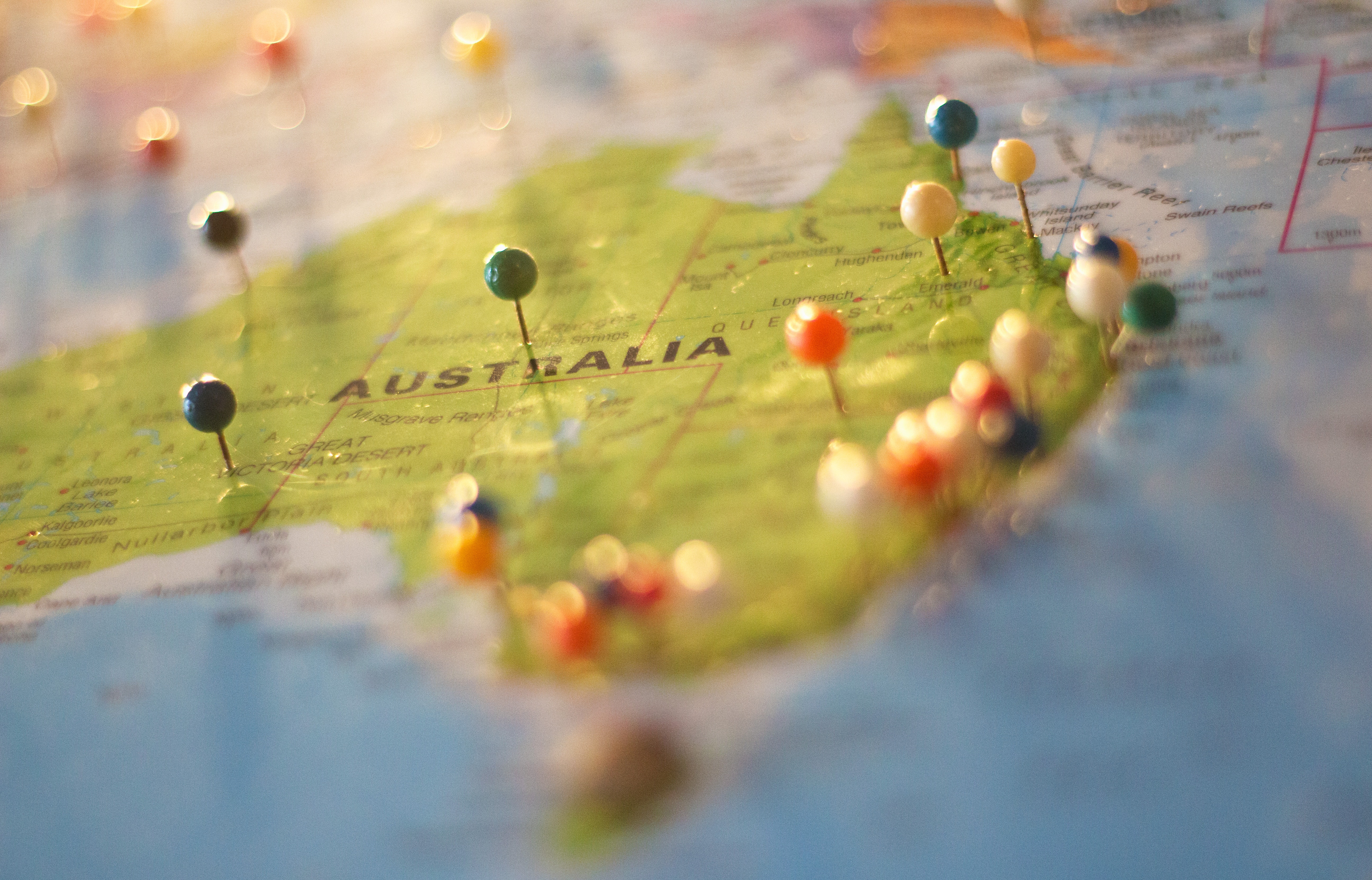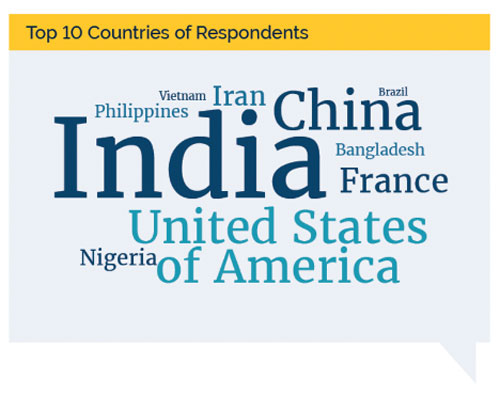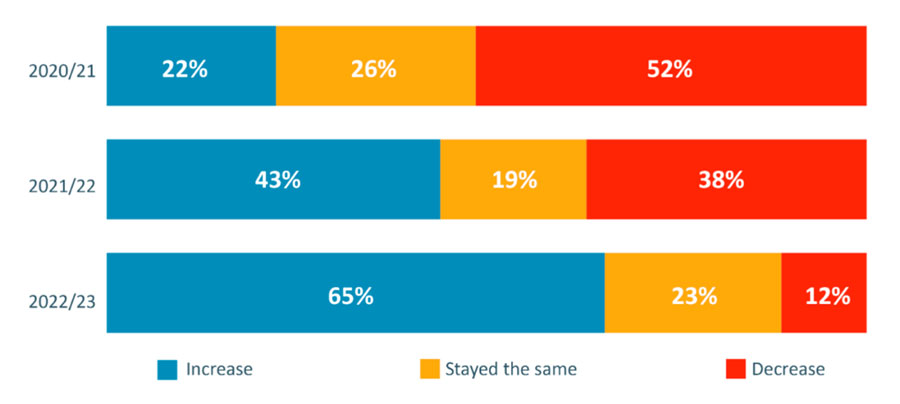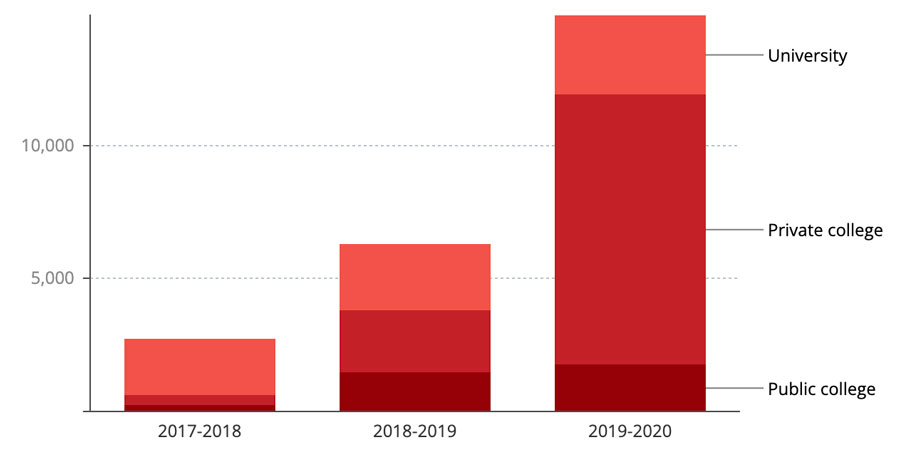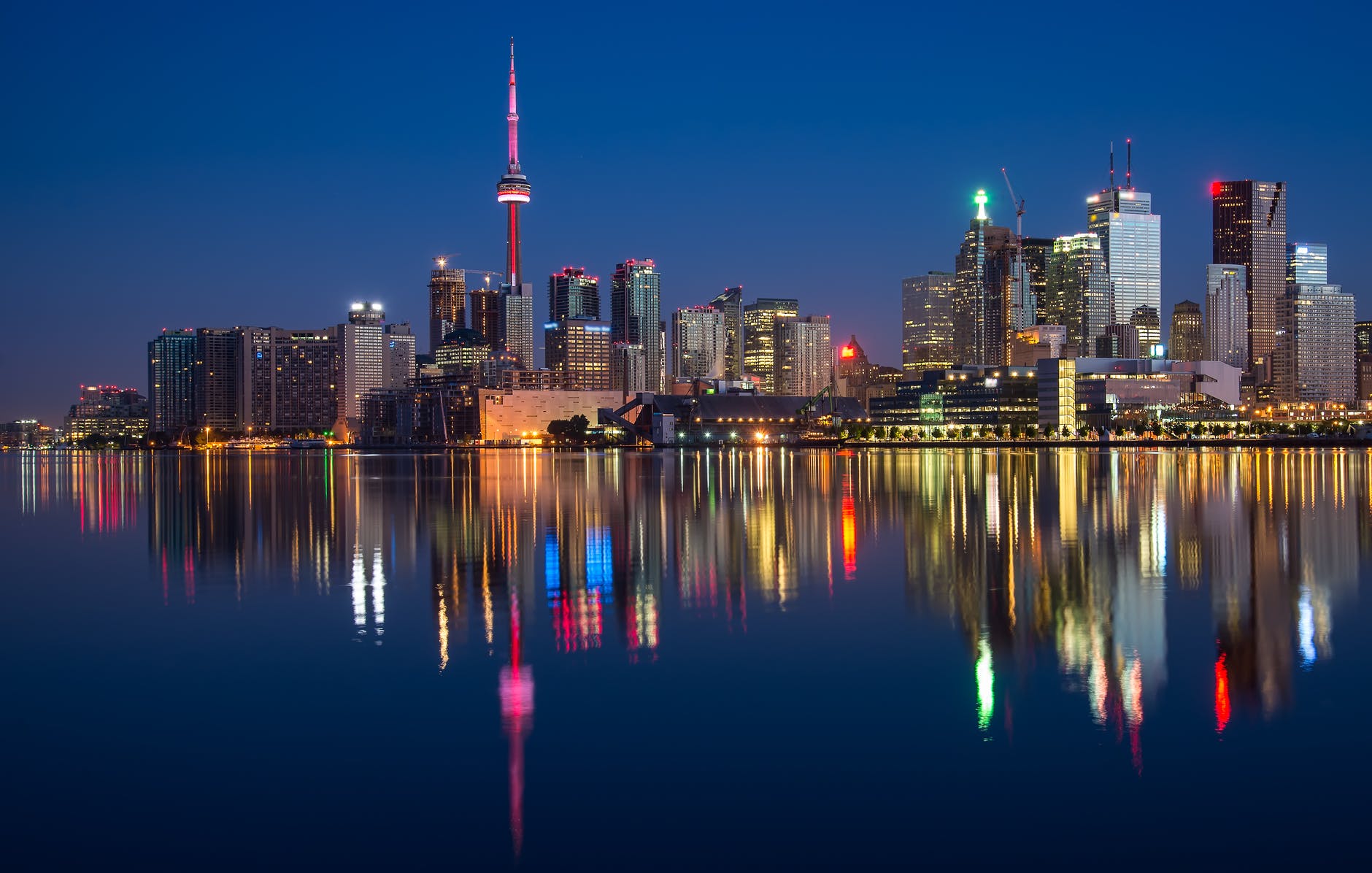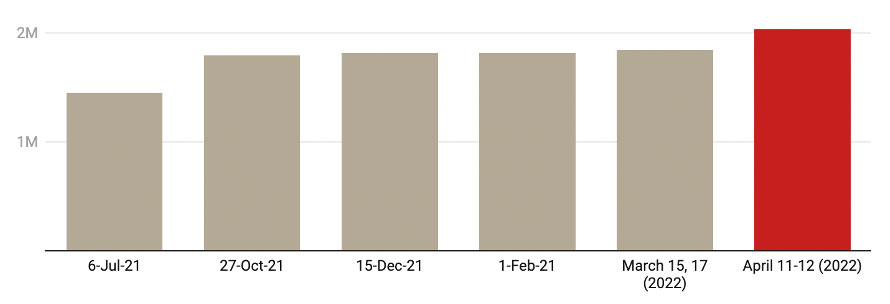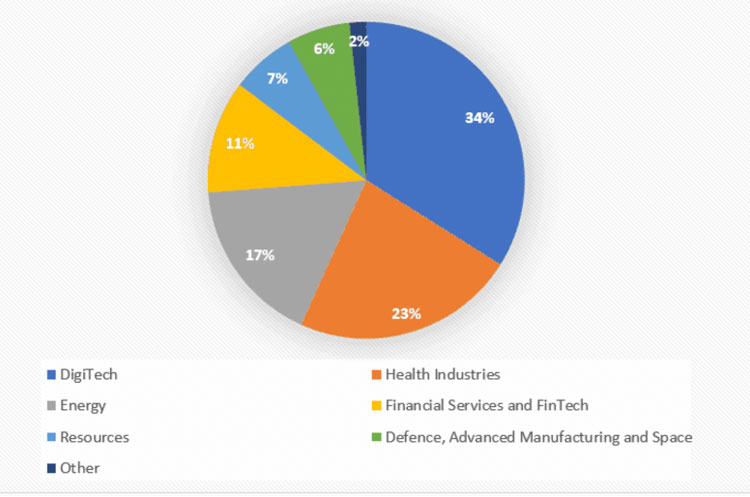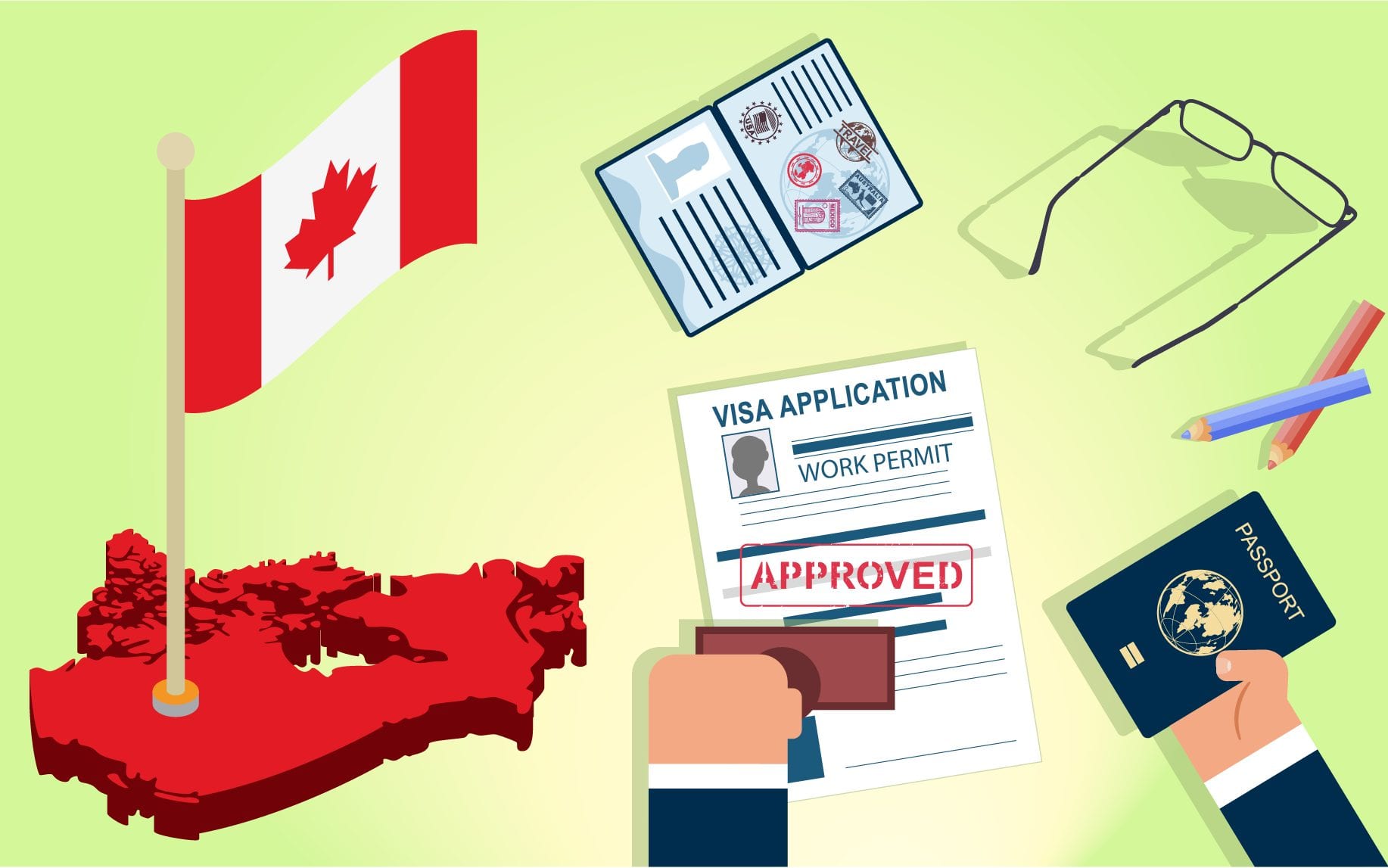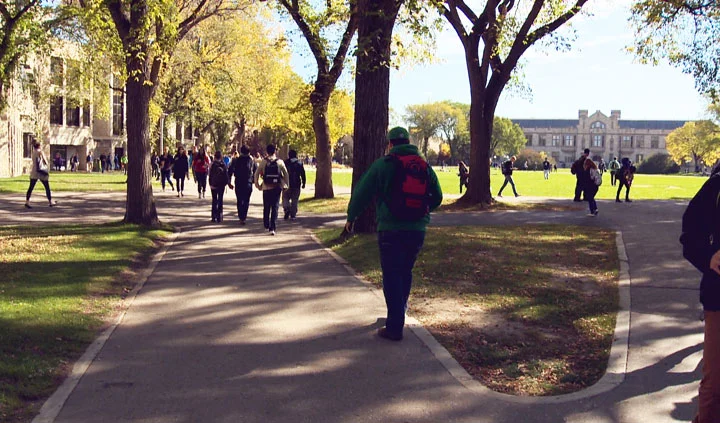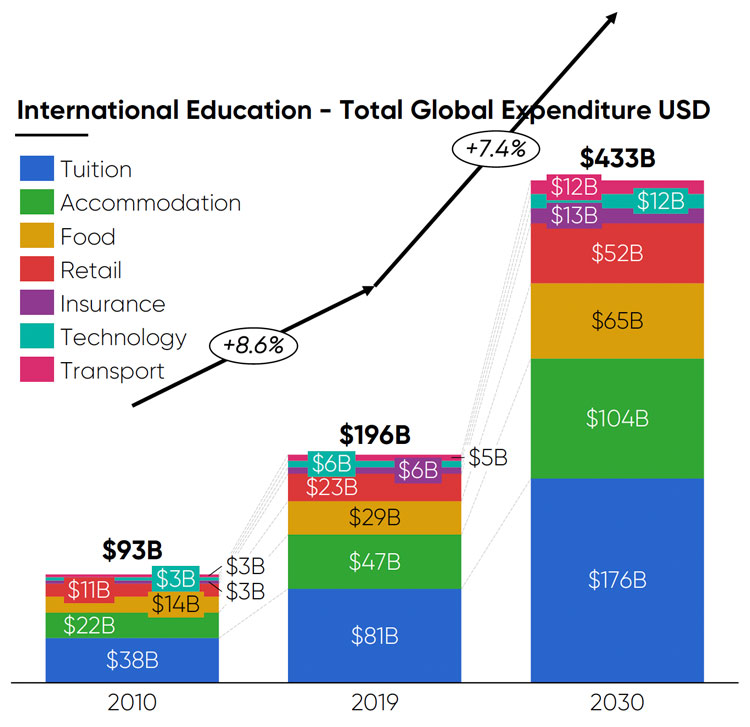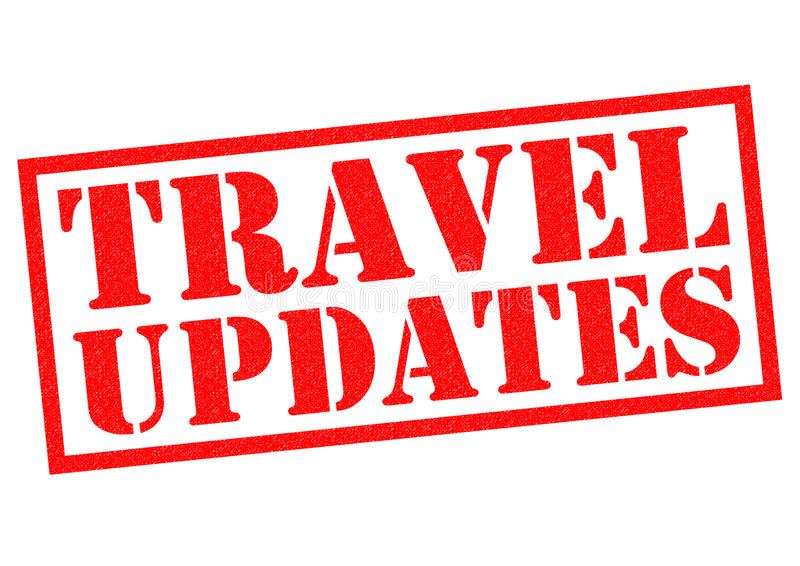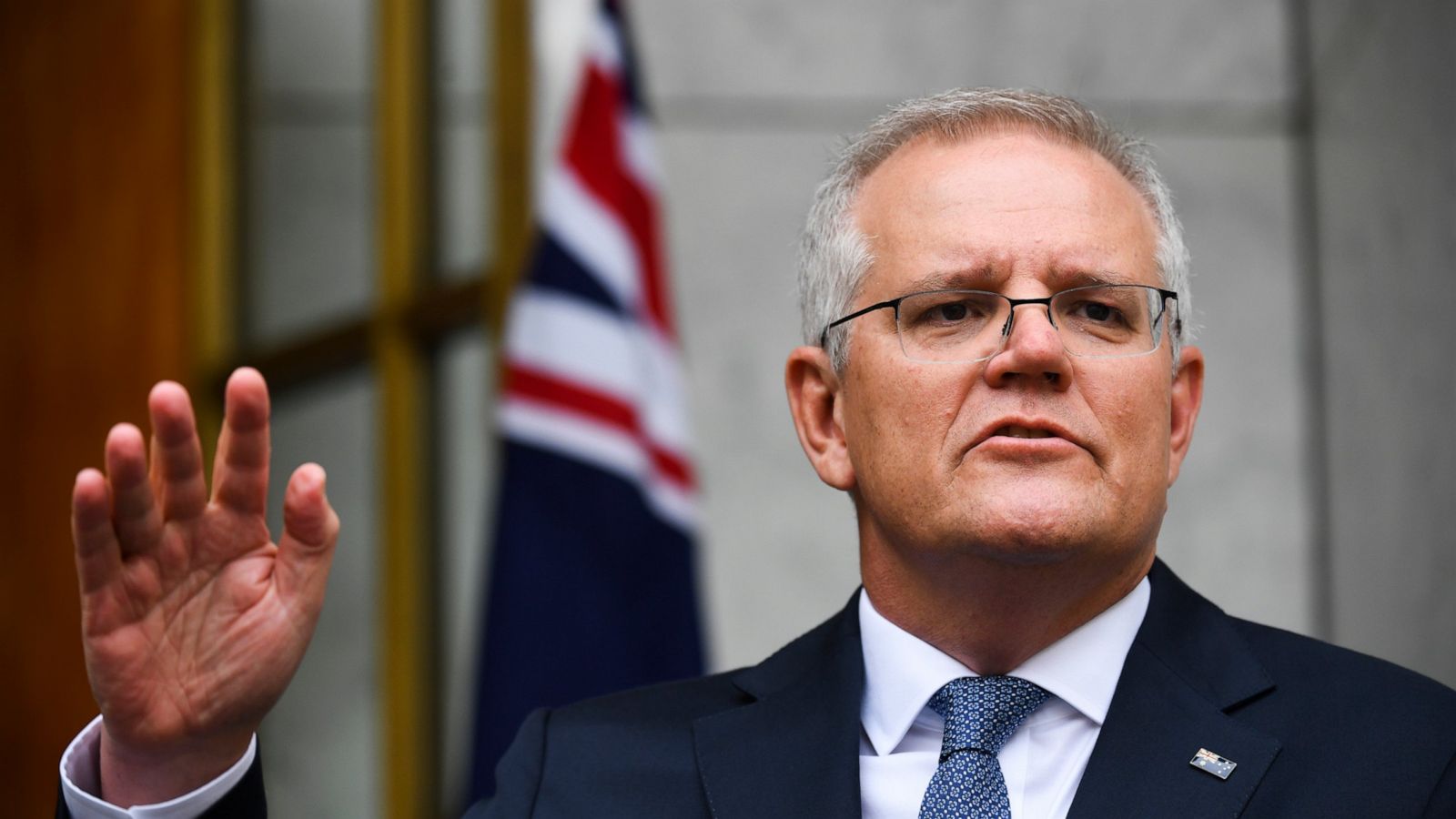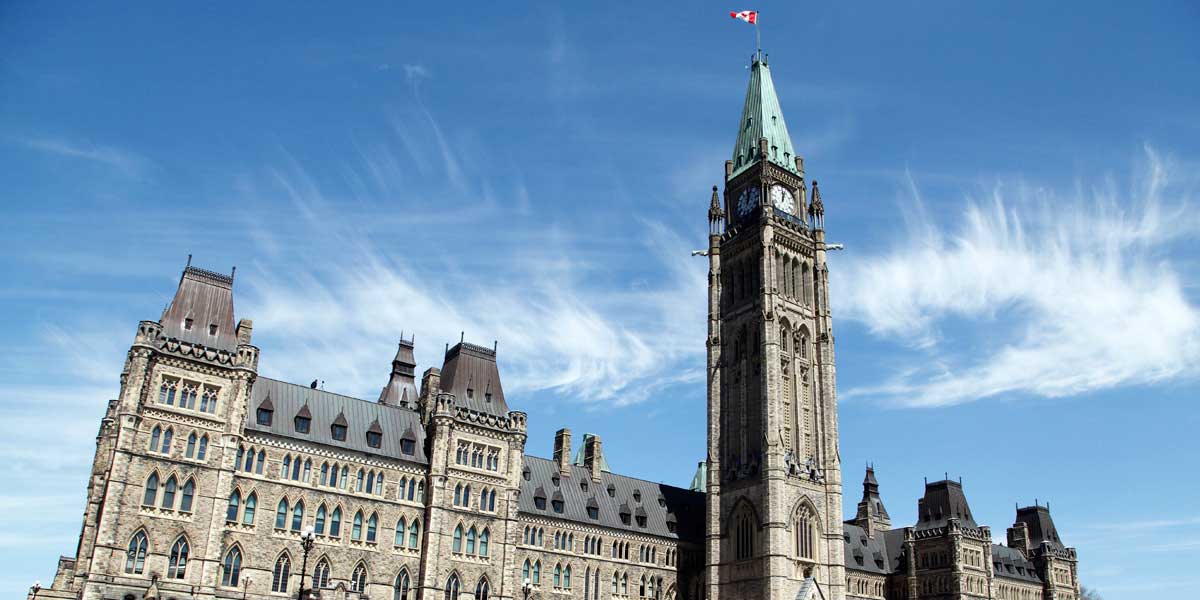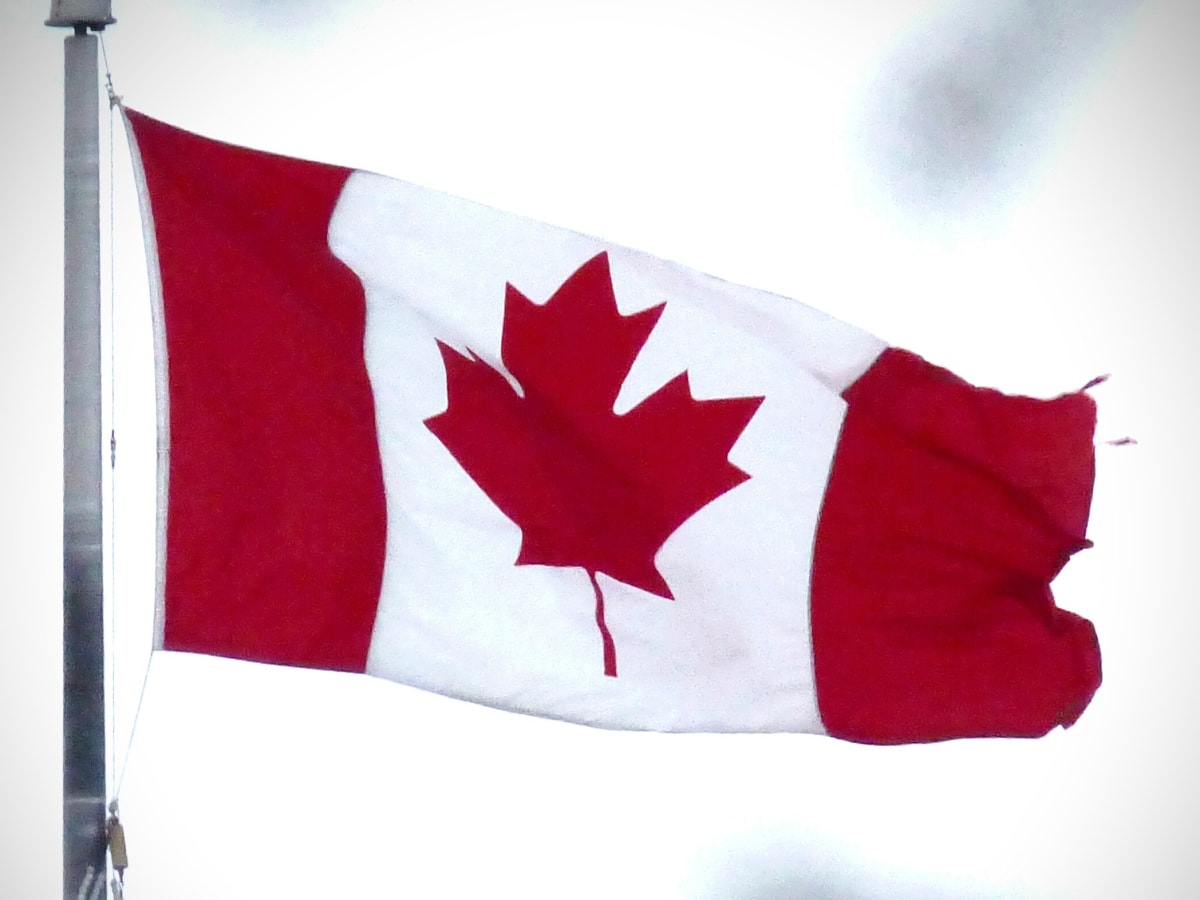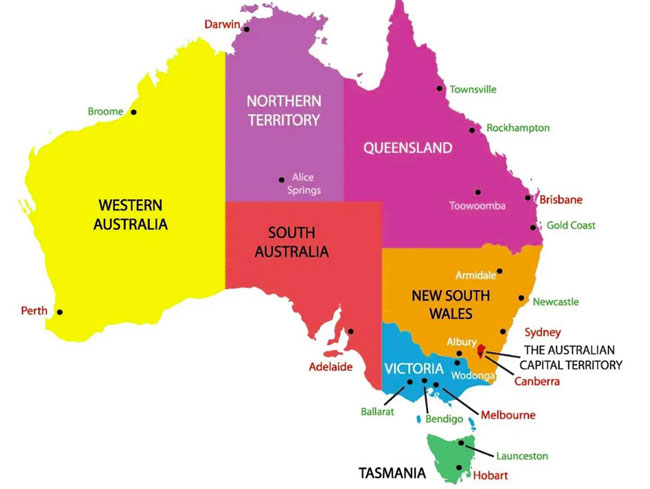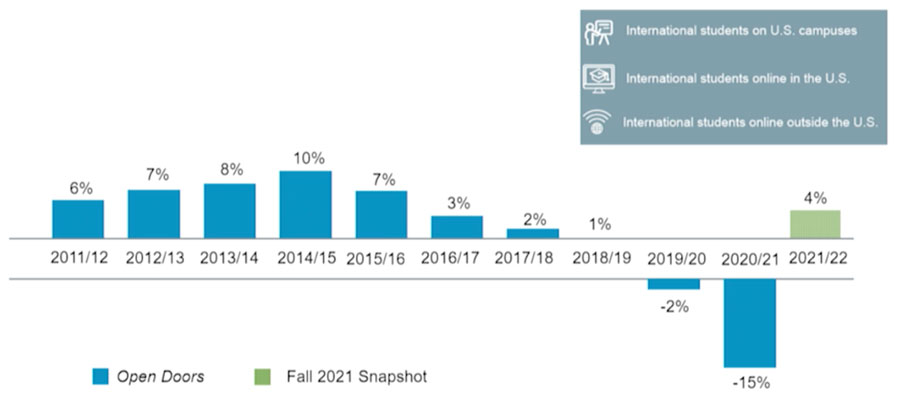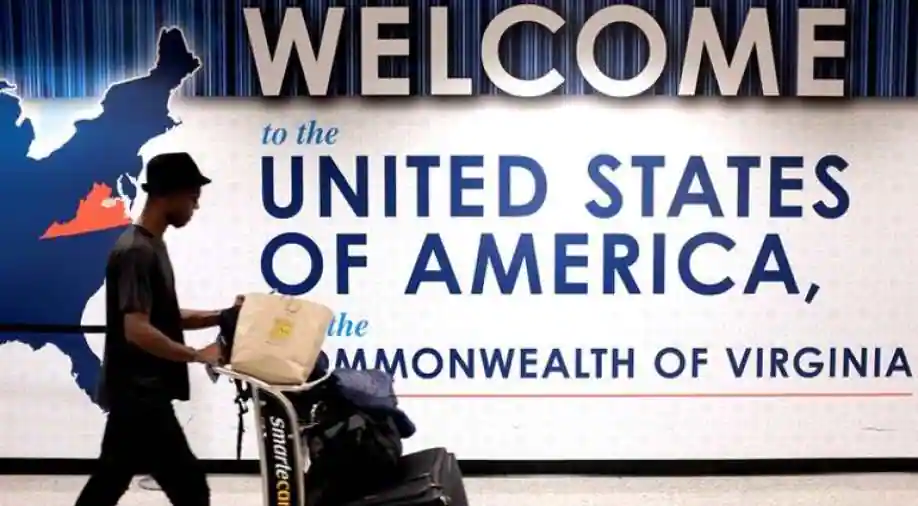Government responses to the Omicron variety discovered last month have had an immediate impact on student mobility and travel all around the world.
The strain, which was originally discovered in South Africa in late November, was quickly spreading throughout the country and has since been reported in several countries around the world. Although the variety was most likely circulating globally before South Africa alerted the media, governments, and fellow scientists, several governments have closed their borders to South Africa and other African countries. Some countries have completely closed their borders to international travelers.
As of December 1, 2021, here is a list of Omicron-related border closures.
Canada
Canada has previously discovered Omicron.
Entry is not permitted for citizens of the following countries:
- Botswana
- Egypt
- Eswatini
- Lesotho
- Malawi
- Mozambique
- Namibia
- Nigeria
- South Africa
- Zimbabwe
In addition, “all fully vaccinated travellers arriving by air from departure points other than the United States will be subject to arrival testing. Fully vaccinated travellers will be required to quarantine while they await the results of their arrival test.”
As for unvaccinated travellers, they will “continue to be tested on arrival and day 8 and quarantine for 14 days. However, those arriving by air will now be required to stay in a designated quarantine facility or other suitable location while they await the result of their on-arrival test.”
Australia
Australia has previously discovered Omicron.
Australia will not, as anticipated, open its doors to international students and skilled workers on December 1st. The border opening has been postponed until December 15, and Australia has decided to end its travel ban with Japan and South Korea. The status quo will be maintained, with the exception of “fully vaccinated Australian citizens, permanent residents and immediate family, as well as fully vaccinated green lane travellers from New Zealand and Singapore and limited exemptions” crossing Australia's border.
United Kingdom
Omicron has already been discovered in the United Kingdom.
COVID has been spreading rapidly in the United Kingdom for several weeks, causing the government to make masks required in businesses, banks, post offices, hairdressers, and public transportation.
As for travel, the government has announced that “All international arrivals must take a PCR test by the end of the second day after arrival and self-isolate until they receive a negative result. The PCR tests are available online from private providers.” In addition, the following countries have been added to the UK’s “red list” of countries from which travellers cannot enter the country:
- South Africa
- Botswana
- Lesotho
- Eswatini
- Zimbabwe
- Namibia
- Malawi
- Mozambique
- Zambia
- Angola
United States
Omicron is now in circulation in the United States.
Travel to and from the following countries is prohibited:
- Botswana
- Eswatini
- Lesotho
- Malawi
- Mozambique
- Namibia
- South Africa
- Zimbabwe
The US will require all international arrivals – vaccinated and unvaccinated – to be tested for COVID one day before departure, regardless of vaccination status. The Washington Post reports as well that,
“The Biden administration is also considering a requirement for a second test within three to five days of arrival, and possibly requiring travelers to quarantine for seven days — precautions that have been enacted in other countries but would be a first in the United States at the federal level.”
France
Eight probable Omicron instances have been reported.
All travelers (vaccinated and unvaccinated) arriving from outside the European Union must present proof of a negative COVID test. South Africa, Botswana, Eswatini, Lesotho, Mozambique, Namibia, and Zimbabwe have all suspended flights.
Germany
In Germany, Omicron is circulating, and COVID cases have been increasing in recent months. Arrivals from Namibia, Zimbabwe, Botswana, Mozambique, Eswatini, Malawi, and Lesotho are prohibited in Germany unless they are German citizens or residents.
Japan
Omicron was discovered in Japan.
For at least a month, all international visitors are prohibited from entering the country.
China
The presence of Omicron in China has not been recorded. Borders are still closed, as they have been for a long time.
Russia
So far, no instances of Omicron have been documented in Russia. Travelers from Botswana, Eswatini, Lesotho, Madagascar, Mozambique, Namibia, South Africa, Tanzania, and Zimbabwe are not authorized to enter.
Spain
The presence of Omicron in Spain has been discovered.
Quarantine is required for arrivals from Botswana, Eswatini, Lesotho, Mozambique, Namibia, South Africa, and Zimbabwe for ten days, though they may be released with a negative viral test on day seven.
International students affected
The severity of the new border closures is illustrated in the case of Michael Lee, a US citizen based in New Jersey, whom Times Higher Education interviewed about his situation. Excited about finally being able to pursue a business degree in Australia upon hearing borders would open this month (before Omicron reversed the opening), Mr Lee “quit his job and sold his car and furniture.” He told THE:
“My flight was supposed to leave on 1 December, and I heard the heartbreaking news yesterday. Now I have no job and I’m homeless. I found someone willing to host me for the night but I will need somewhere else to stay. I hope other students and visa holders are not in as dire a situation as mine. I feel like I’m part of the collateral damage from sudden decisions that the government makes.”
Travel industry braces for downturn
Gary Bowerman, director of Kuala Lumpur-based travel and tourism research firm Check-in Asia, told Al Jazeera that Omicron will affect the resumption of intra-regional travel in Asia:
“The problem for the travel industry is that the fear factor, whether science proves it to be justified or not, has returned almost overnight. And this coincides with two of the region’s traditional travel periods, Christmas/New Year and Lunar New Year. Hopes for a regional travel boost were starting to grow but this will dampen, if not decimate, both.”
Story is developing
Fear about Omicron has led to snap border lockdowns across the world, but much remains unclear about the variant. It seems to be more infectious, but this has not been proven. It may make current vaccines less effective and evade our bodies’ immune system response, but again has not yet been determined. A South African scientist has described its symptoms so far as “milder” and different than other COVID strains, but as more cases develop, we will find out more about the relative severity of the mutation.
Source: ICEF
